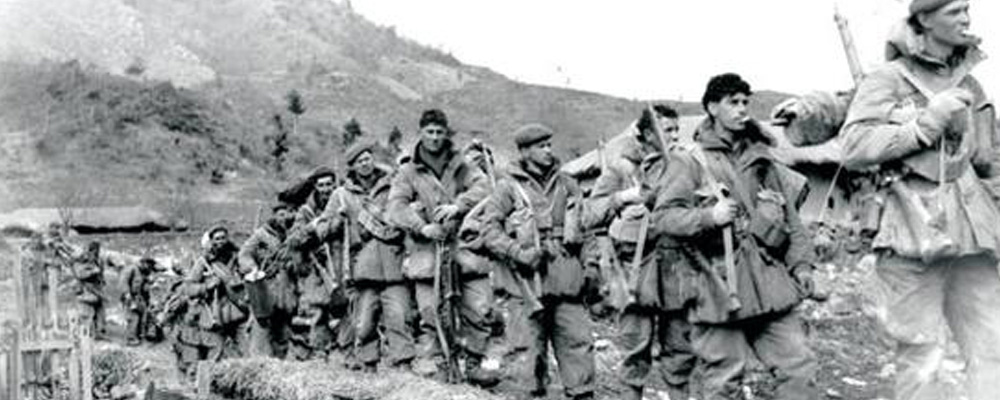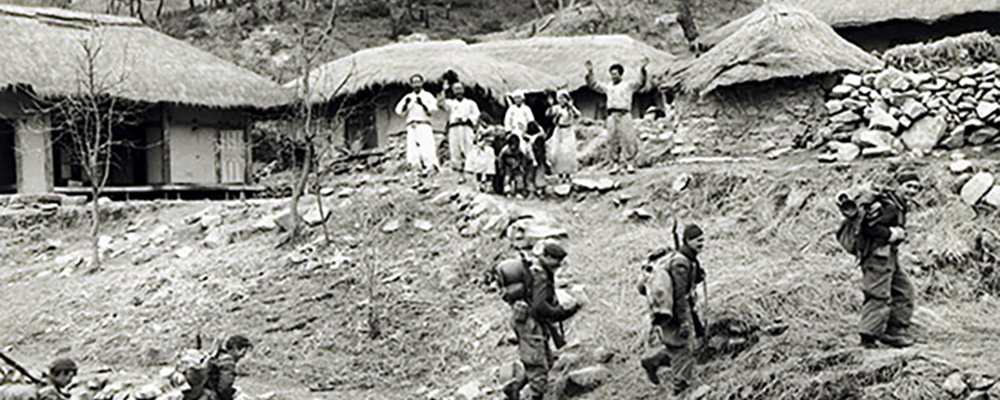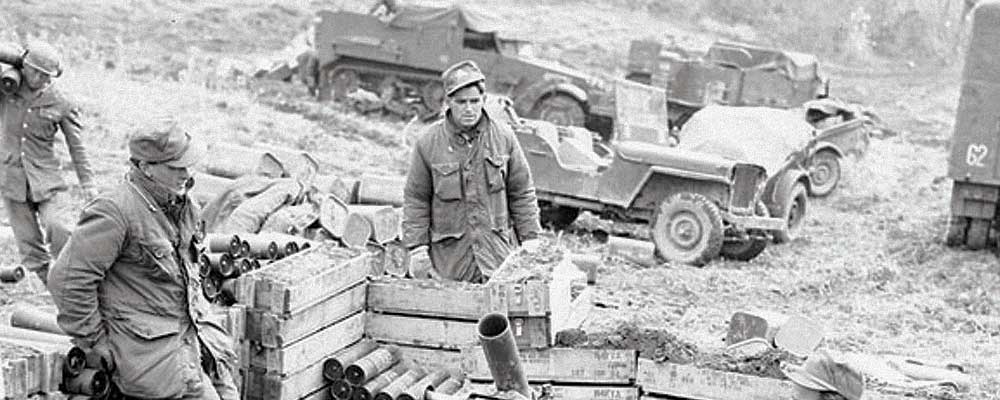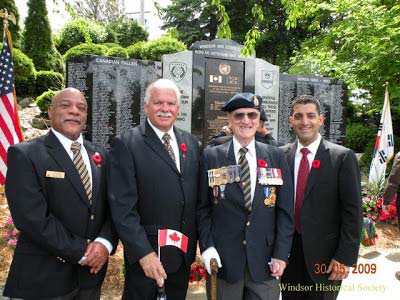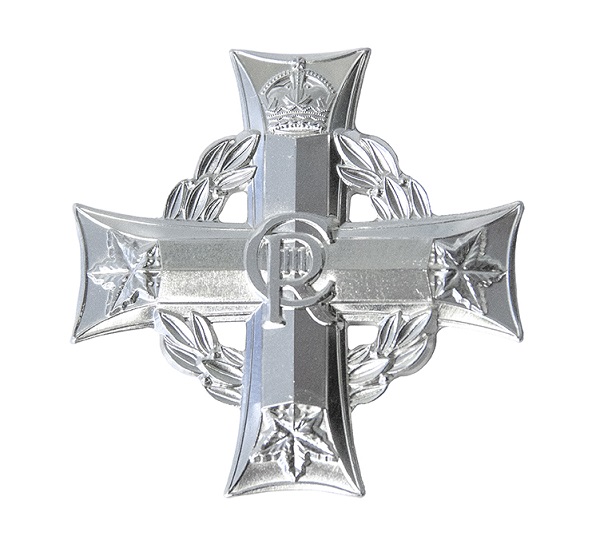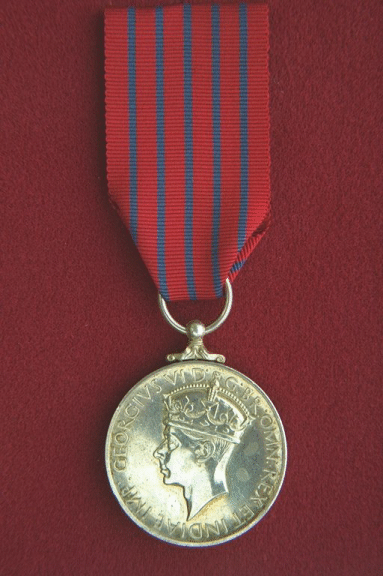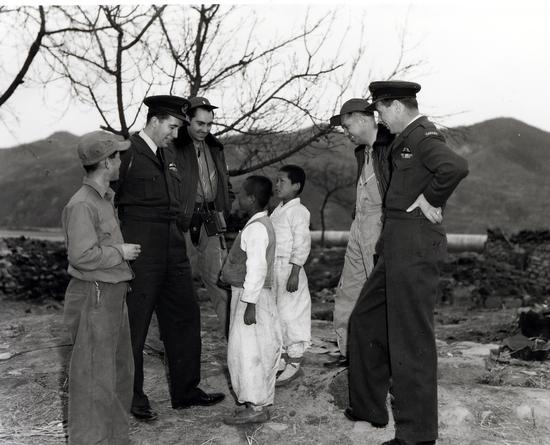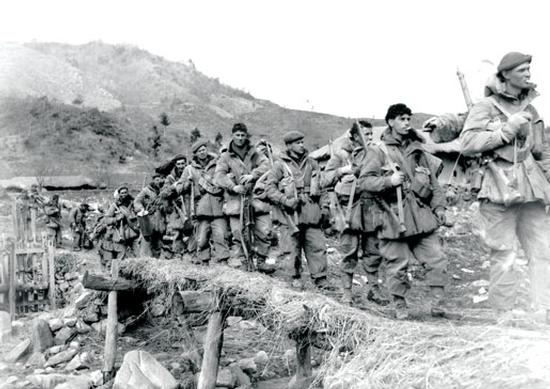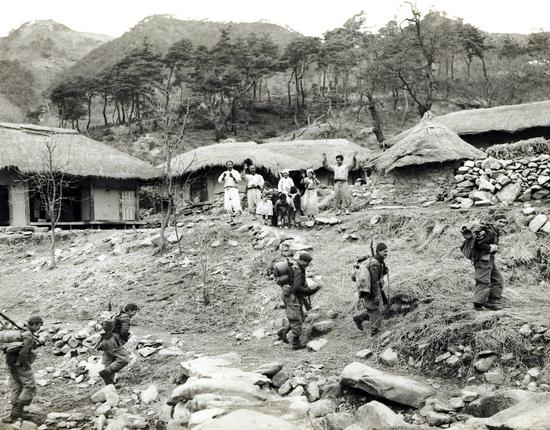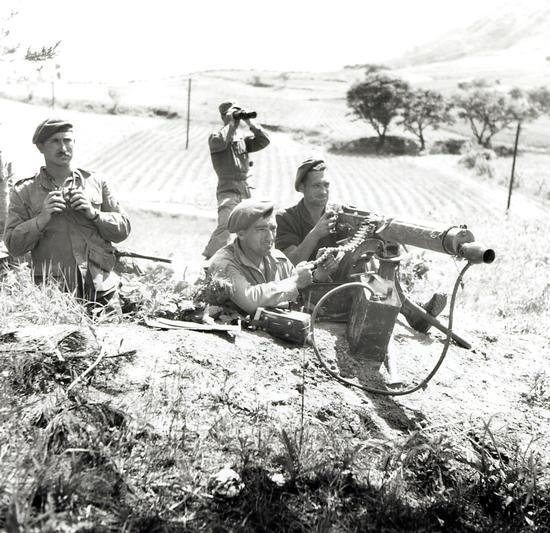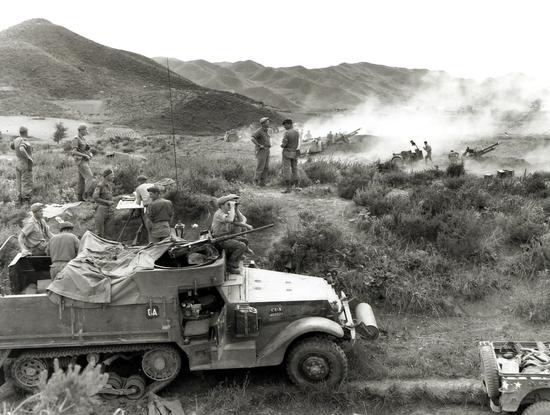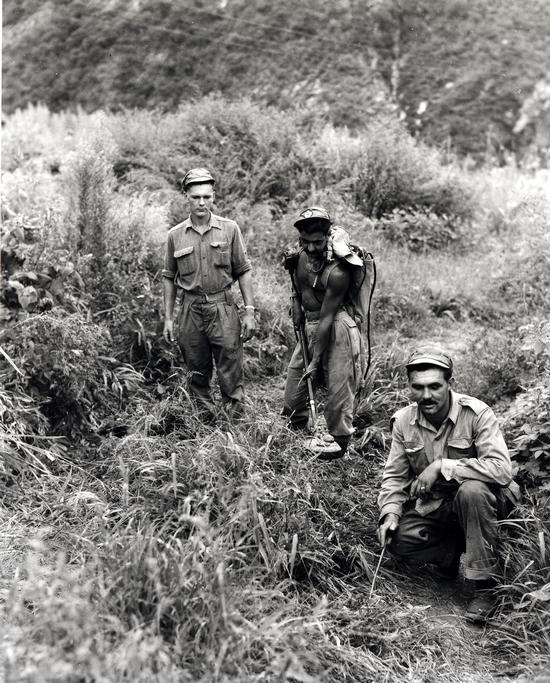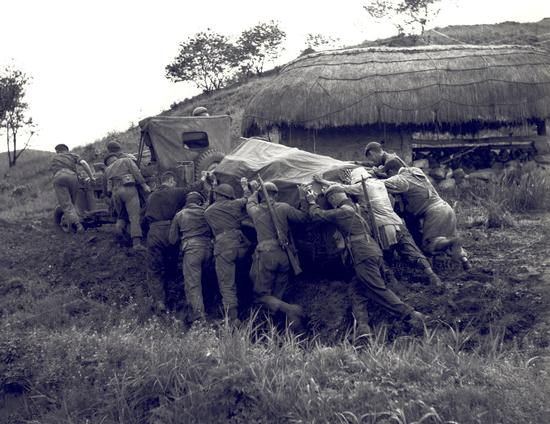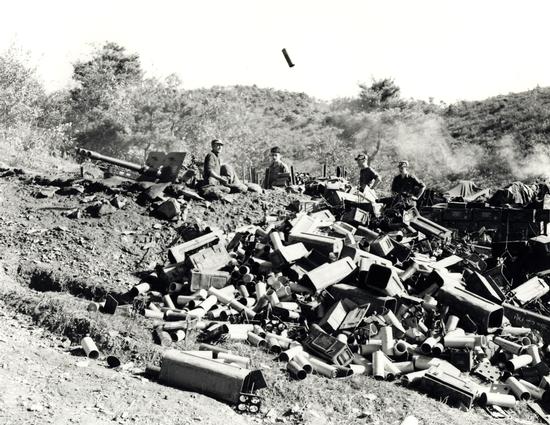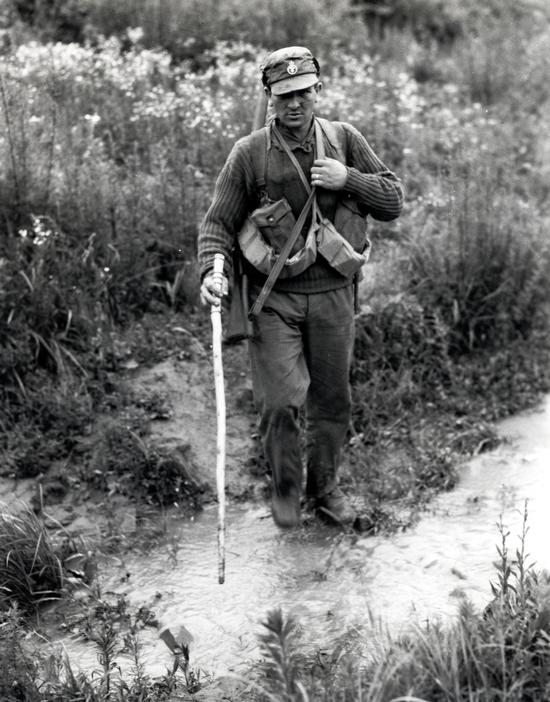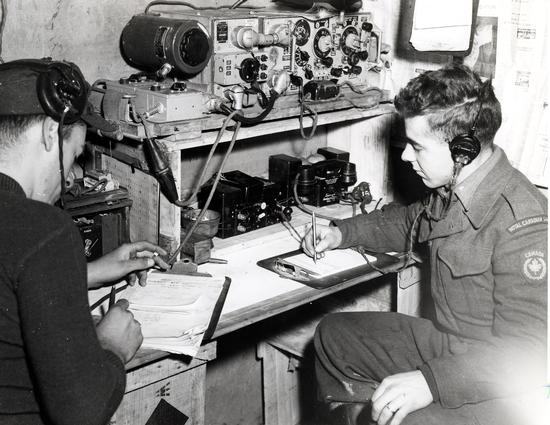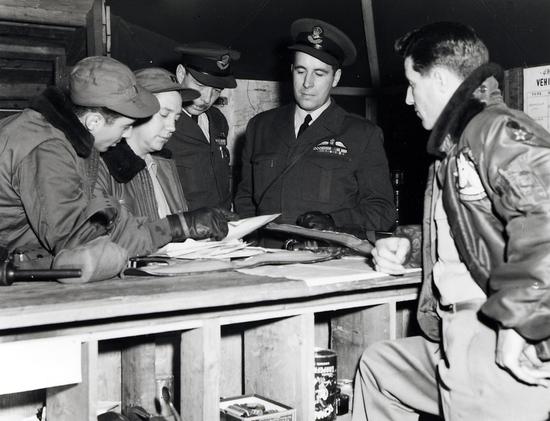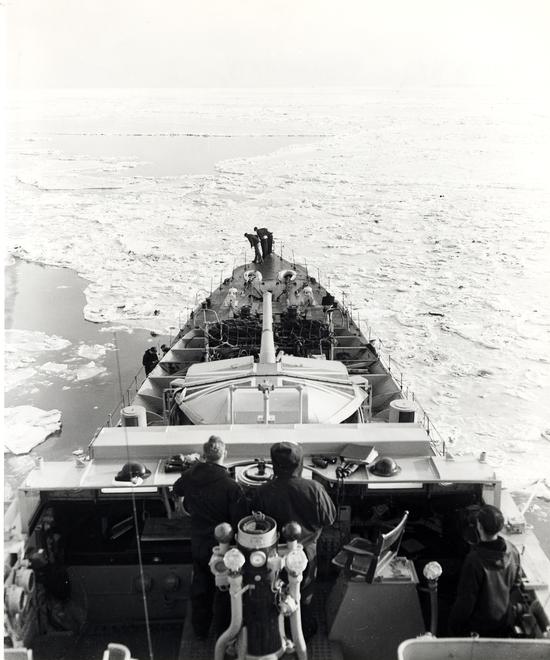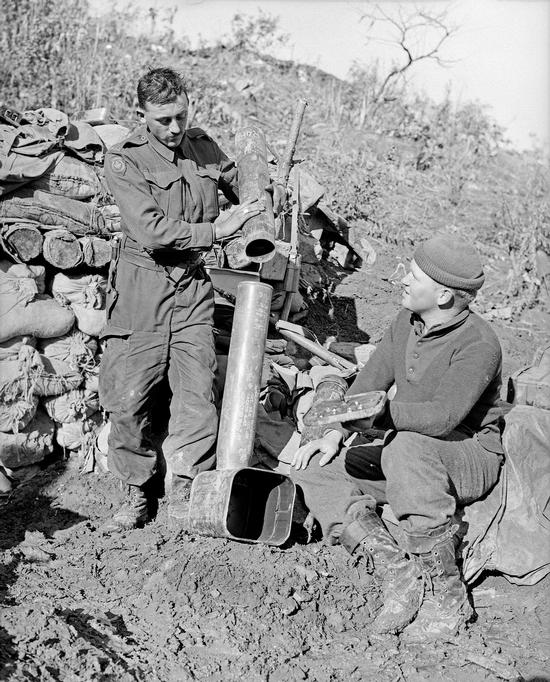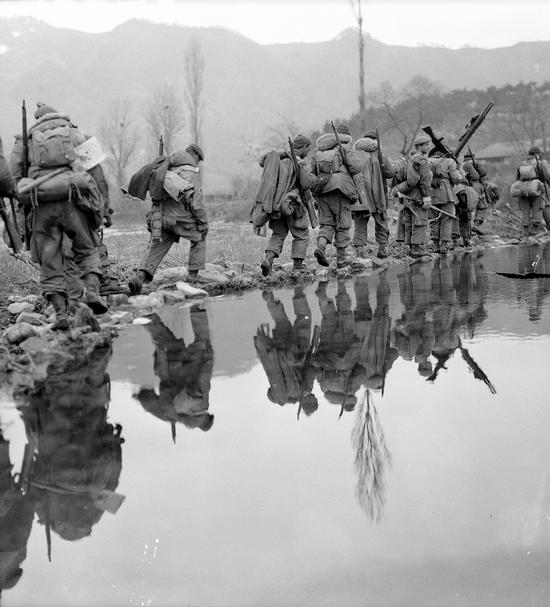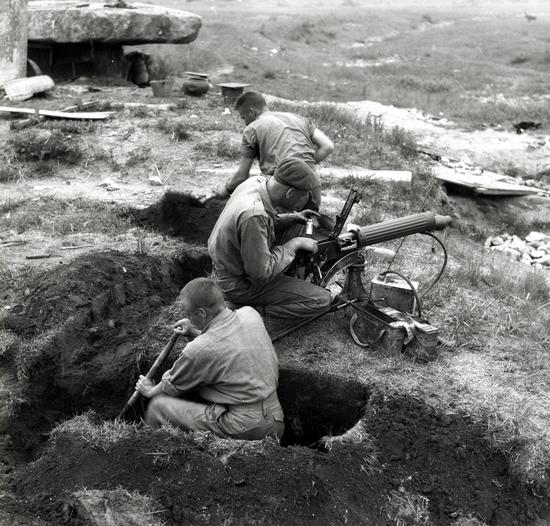Read more about the Korean War
Storm clouds brewing
The Japanese had occupied neighbouring Korea in the early decades of the 20th century. With the defeat of Japan at the end of the Second World War, however, their empire was dismantled. In one of the opening moves of what would come to be called the Cold War, the Soviet Union deployed troops into the northern portion of the newly liberated Korean peninsula while American soldiers moved into the southern half. A boundary was established between these two zones along the 38th Parallel of latitude.
The Soviets and the Americans withdrew their forces within a few years, but not before a communist government had been established in the north and a democratic government in the south. Tensions between the two sides grew, climaxing on June 25, 1950, when North Korean troops invaded South Korea. This set off more than three years of fighting in the place traditionally known to its people as the “Land of the Morning Calm.”
The world responds
The United Nations (UN) had been established in the aftermath of the Second World War and sought to avert future international conflicts through diplomacy and dialogue. The UN also had the option, however, of employing force in the defence of peace and freedom. The crisis in Korea set off international shock waves and the United States quickly referred the situation to the UN Security Council. After a whirlwind of diplomatic maneuvering, the UN voted to send troops. In the end, 18 UN member nations—including Canada—would contribute units to a multinational force that would serve with American and South Korean forces in Korea.
The war’s initial phases
The opening months of the Korean War were marked by major swings of the front lines. As North Korean troops surged southward in their initial offensive, they quickly took the South Korean capital city of Seoul and then pushed the defending forces back into a pocket around the port city of Pusan in the southeast corner of the peninsula by late summer.
The UN forces responded with a major amphibious landing at Inchon in mid-September 1950, as well as a powerful break-out from the Pusan perimeter. The surging UN and South Korean forces soon liberated Seoul and pushed the overwhelmed North Korean troops back across the 38th Parallel and towards the border with China. Alarmed by this turn of events, the Chinese intervened in the war in the fall of 1950 and launched a massive offensive in late November that drove the UN and South Korean troops back across the 38th Parallel and retook Seoul. A series of smaller offensives and counter-offensives beginning in January 1951 saw Seoul liberated again as UN and communist forces fought for the upper hand in the central portion of the peninsula over the months that followed.
Canadian soldiers enter the line
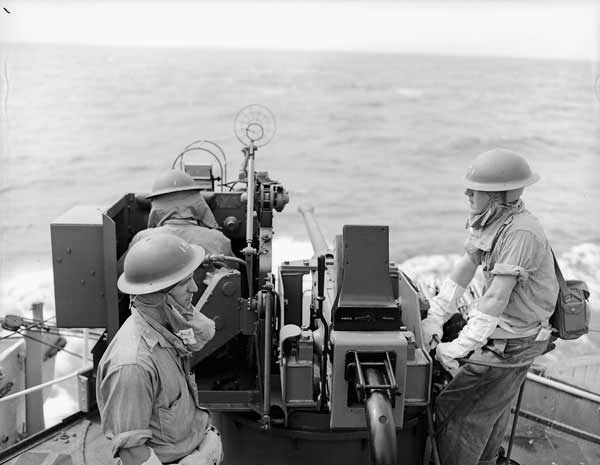
HMCS Iroquois crew members ready at their gun off the coast of Korea.
Photo: Library and Archives Canada PA-213199
The Canadian Army Special Force was established in August 1950 for service in the Korean War. Our first regiment to deploy to Asia was the 2nd Battalion, Princess Patricia’s Canadian Light Infantry, which trained in Canada and Washington State before shipping out in November 1950. After additional preparations in Korea, our soldiers reached the front lines in February 1951.
Korea was a difficult place to fight. This very hilly country is crisscrossed by many valleys with rivers, swamps and rice paddies. It also has hot summers and freezing winters. Troops from Canada, the United Kingdom, Australia, New Zealand and India would serve together there, eventually coming together to form the 1st Commonwealth Division later in 1951.
After UN forces had established themselves north of the 38th Parallel by the spring of 1951, Chinese and North Korean forces—reinforced with new troops and equipment—struck back hard in April. UN and South Korean troops in the area of the enemy onslaught had to retreat or risk being overrun. In what became the best-known Canadian battle of the Korean War, men of the Princess Patricia’s Canadian Light Infantry and other Commonwealth and American soldiers went into action in the Kapyong Valley in late April to slow down the advancing enemy troops. In what was a rare honour, the Canadians (along with Australian and American units) were awarded a United States Presidential Unit Citation for their gallant actions.
Other Canadian contributions
The initial Canadian contributions to the Korean War actually came at sea and in the air. Three Royal Canadian Navy destroyers were deployed to in July 1950, the first of what would be a total of eight Canadian warships to serve in the waters off Korea during the course of the conflict. Their duties included blockading the coast, preventing enemy amphibious landings, protecting the UN fleet, bombarding onshore targets and offering humanitarian aid to isolated Korean fishing villages.
Beginning in July 1950, the Royal Canadian Air Force’s No. 426 Transport Squadron was tasked with carrying supplies and troops between North America and Asia to support UN efforts in the Korean War. By June 1954, when the assignment ended, this unit had flown 600 round trips over the Pacific, carrying more than 13,000 passengers and 3,000,000 kilograms of freight and mail without loss.
Twenty-two Canadian airmen serving on exchange postings with the American military also took part in combat missions in the skies over Korea. The Canadians were credited with 20 enemy jet fighters destroyed or damaged, as well as the destruction of several trains and vehicles.
A war of patrols
After the dynamic opening phases of the Korean War, ceasefire negotiations began in early July 1951. The front lines would move little during the remainder of the conflict. Instead, it became a “war of patrols” in which both sides sought to keep the enemy off-balance and gather intelligence on their defences by sending patrols into no man’s land and launching small-scale raids on front line positions.
This did not mean that Canadian soldiers would not still see sharp action in Korea, as the rotations of Canadian troops that followed over the next two years would spend much time at hotspots like Hill 355 (nicknamed “Little Gibraltar” by the UN troops) and “the Hook”—strong UN defensive positions that the communist forces wanted to capture.
Armistice and legacy
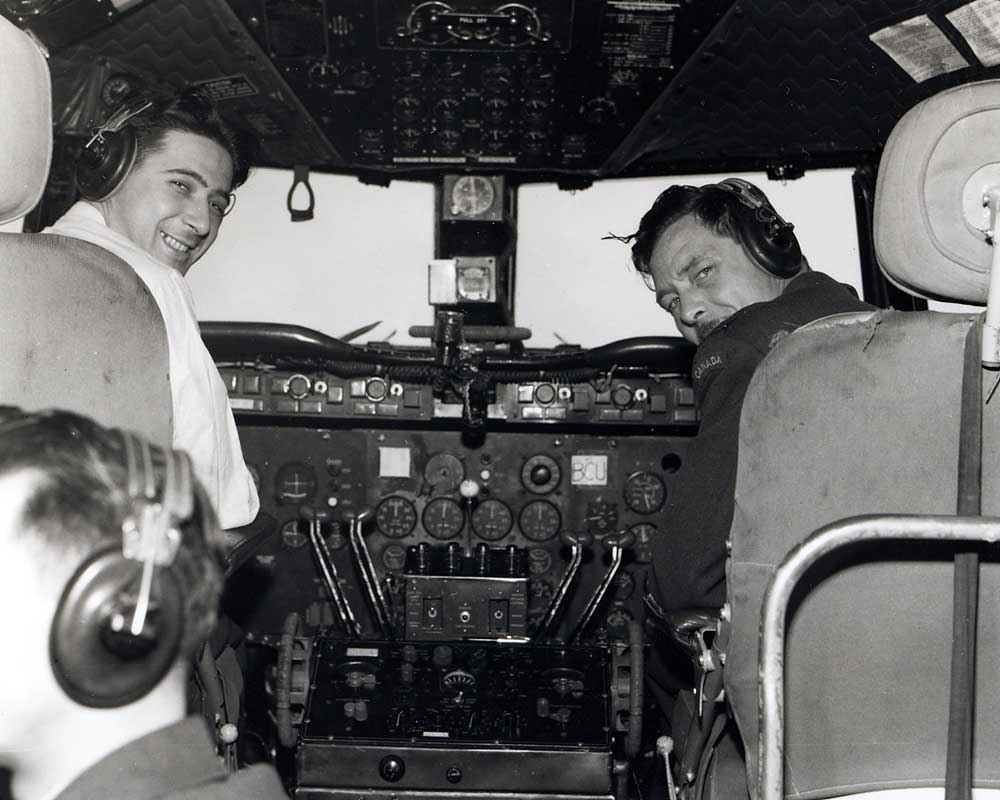
Airmen in the cockpit of a Canadian transport plane flying to Asia in 1951.
Photo: Library and Archives Canada PL/51684
After more than three years of hostilities and a prolonged negotiation process, an armistice to end the active fighting in the Korean War was finally signed in Panmunjom on July 27, 1953. Some 7,000 Canadian troops would serve in Korea in a peace support role after the armistice before the last of our military forces departed in 1957.
The truce between North Korea and South Korea has been an uneasy one and tensions remain. Yet the first UN armed intervention in history successfully stopped the communist aggression and today South Korea is a prosperous, democratic nation. The Korean War was an important event in Canada’s military history, and our country has continued to contribute to many missions around the world in the years since to protect the freedom of others and help maintain world peace.
Sacrifice
The courageous Canadian men and women who served in the Korean War put their lives on the line, traveling to the other side of the world to help UN forces trying to restore peace in the “Land of the Morning Calm.” It was dangerous duty in a harsh land far different than their own and 516 Canadians lost their lives in service during the conflict. Their names are inscribed in the Korean War Book of Remembrance located in the Peace Tower on Parliament Hill in Ottawa.
